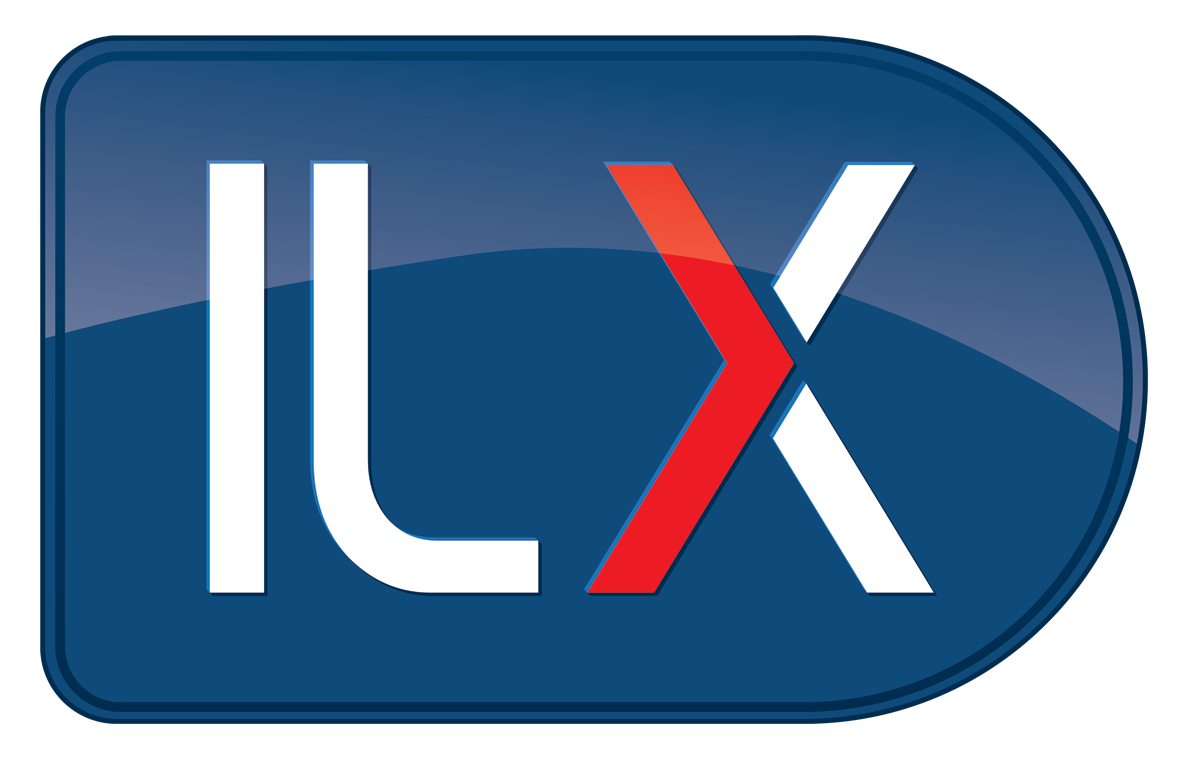
The BCS Foundation Certificate in Software Testing qualification is aimed at anyone involved in software testing and includes people in roles such as testers, test analysts, test engineers, test consultants, test managers, user acceptance testers and software developers.
This Foundation level qualification is also appropriate for anyone who wants a basic understanding of software testing, such as project managers, quality managers, software development managers, business analysts, IT directors and management consultants. Holders of the Foundation Certificate will be able to go on to a higher level software testing qualification.
WHY SOFTWARE TESTING E-LEARNING?
The course uses interaction, animation and voice to take the student through the syllabus, and prepare for the Foundation exam. Students can stop, review and test themselves on their knowledge at any stage.
Acronyms and abbreviations become easier to understand and the online delivery offers cost effective on demand training for any level of student.
Benefits
- An exam simulator which results in exceptional pass rates
- Increased retention of learning
- Less time taken to learn
- Increased control and visibility of progress and achievement
- Reduced travel costs
Pre-Requisites
- Delegates should have basic knowledge or experience in IT
- The only pre-reading recommended is the BCS, the Chartered institute for IT, syllabus for this course or the institute Foundation book
Duration
The course lasts approximately 8–10 hours.
BCS EXAMINATION
- The examination is a 1 hour multiple-choice exam.
- 40 multiple-choice questions
- Pass mark is 26
MODULES
Module 1 – Introduction Module
Module 2 – Fundamentals of Testing
2.1 – Why is testing necessary?
2.2 – What is testing?
2.3 – General testing principles
2.4 – Expected Results
2.5 – Exit, Completion, and Closure or Acceptance criteria
2.6 – Fundamental test process
2.7 – The Psychology of Testing
Module 3 – Testing through the lifecycle
3.1 – Software development models
3.2 – Test levels
3.3 – Functional and Structural Testing
3.4 – Non–Function System Testing
3.5 – Re–Testing and Regression Testing
3.6 – Maintenance Testing
Module 4 – Static Techniques
4.1 – Reviews and the Test Process
4.2 – Phases of a Formal Review
4.3 – Static analysis using tools
Module 5 – Test Design Techniques
5.1 – Identifying test conditions and designing test cases
5.2 – Categories of test design techniques
5.3 – Equivalence Partitioning
5.4 – Boundary Value Analysis
5.5 – Decision Table Testing
5.6 – State Transition Testing
5.7 – Use case testing
5.8 – Path Testing
5.9 – Statement Testing
Module 6 – Test Management
6.1 – Test Organisation
6.2 – Test Planning
6.3 – Test Estimation
6.4 – Test Approaches (strategies)
6.5 – Test progress monitoring and control
6.6 – Configuration Management
6.7 – Risk and Testing
6.8 – Incident management
Module 7 – Tool Support for Testing
7.1 – Types of test tool
7.2 – Effective use of tools: potential benefits and risks
7.3 – Introducing a tool into an organisation
Module 8 – Exam Simulator
5.10 – Branch/Decision Testing
5.11 – Error-Guessing
5.12 – Exploratory Testing
5.13 – Choosing Test Techniques Module